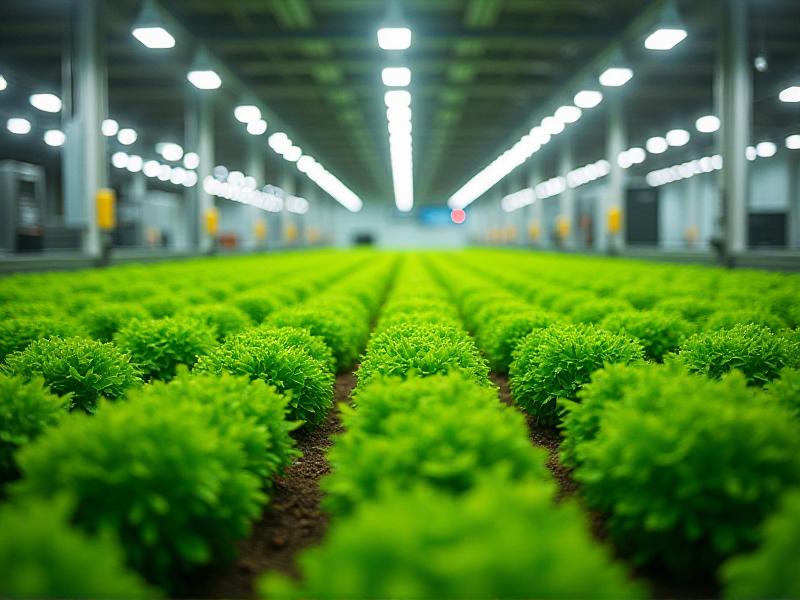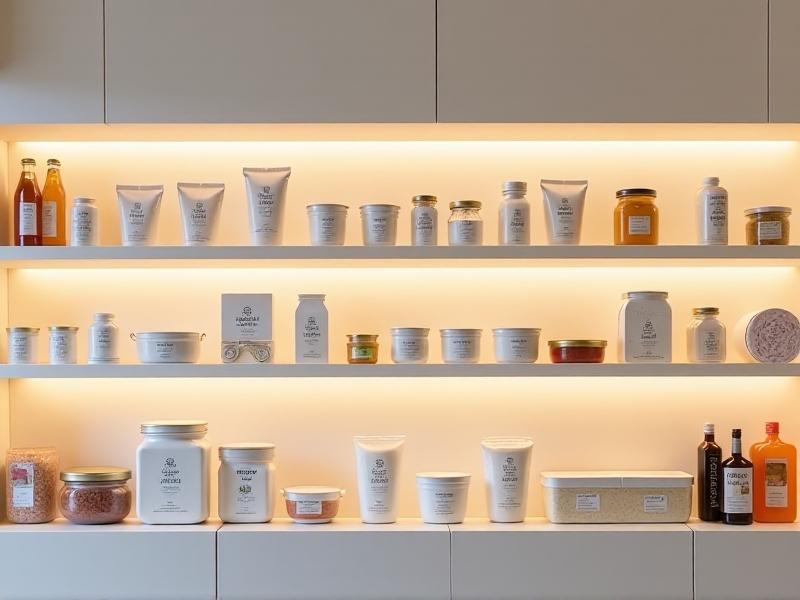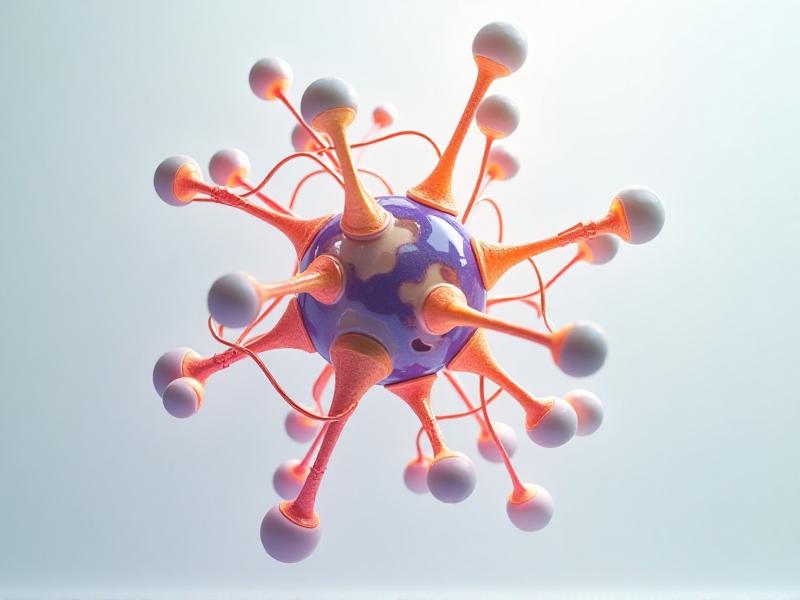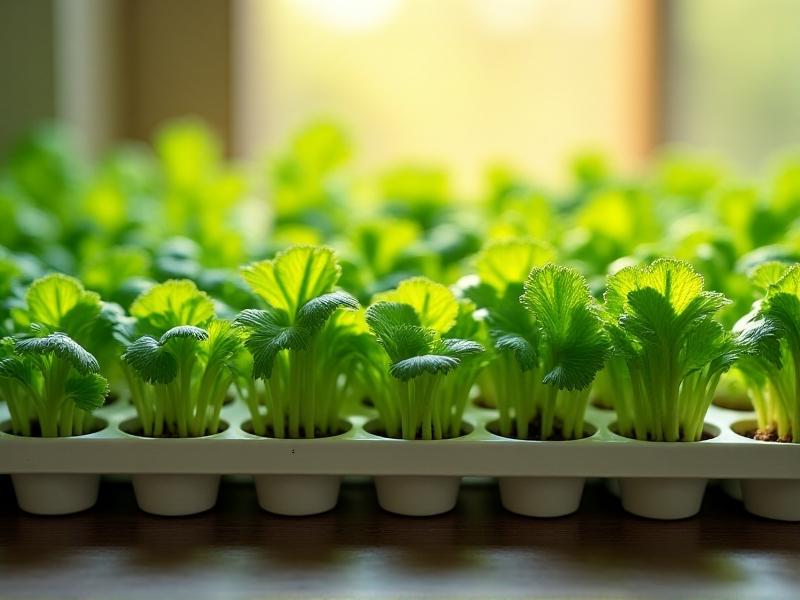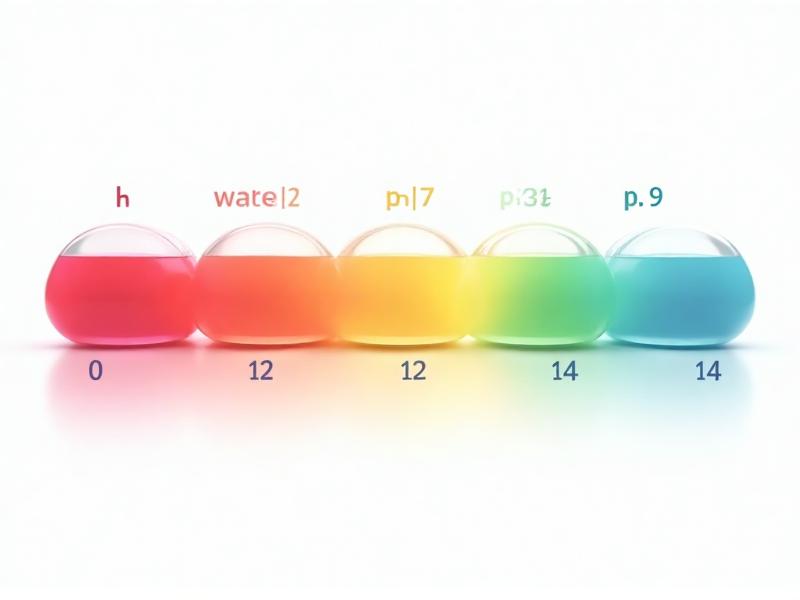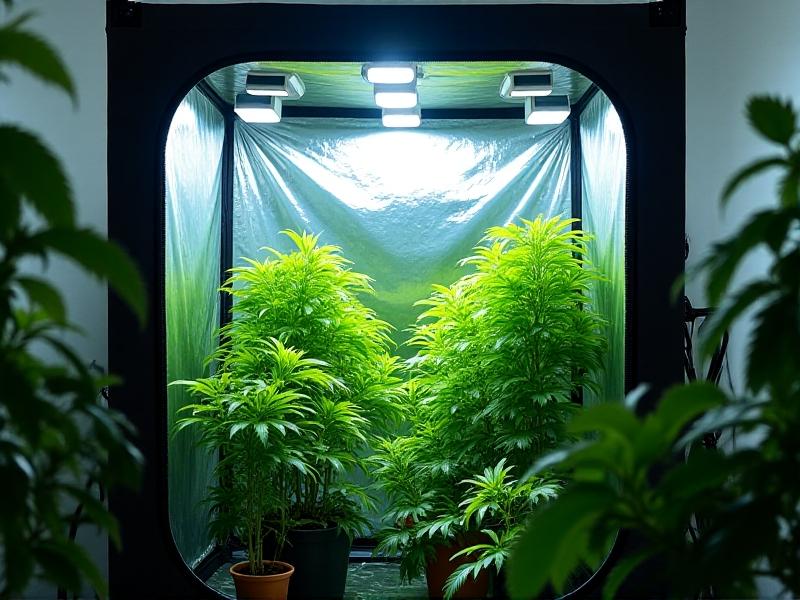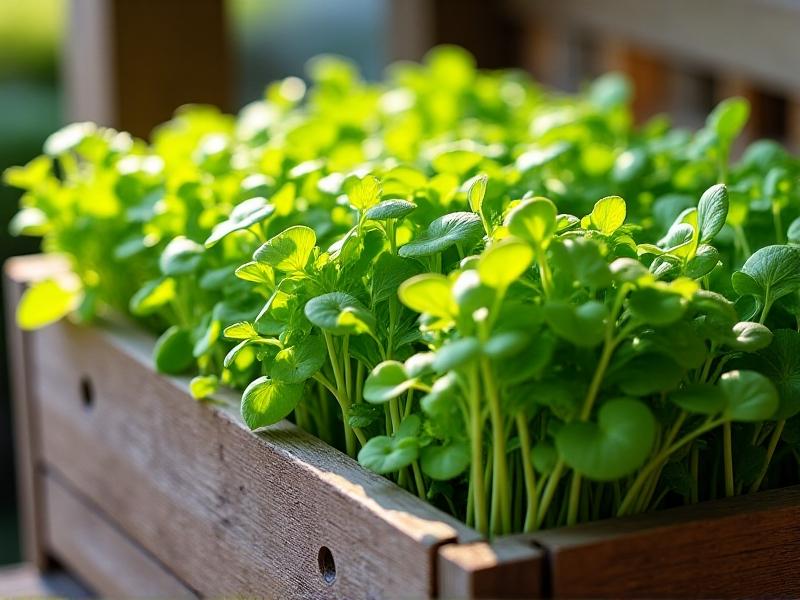Infused Spirits Using Microgreen Byproducts
The Rise of Infused Spirits: A Sustainable Twist with Microgreen Byproducts
In recent years, the craft spirits industry has seen a surge in innovation, with distillers exploring unique ingredients and sustainable practices. One such trend that has gained traction is the use of microgreen byproducts in infused spirits. Microgreens, the young seedlings of vegetables and herbs, are celebrated for their nutritional value and vibrant flavors. However, their byproducts—often discarded stems and roots—are now finding a second life in the world of spirits. This article delves into the fascinating intersection of sustainability, flavor, and creativity in the realm of infused spirits using microgreen byproducts.
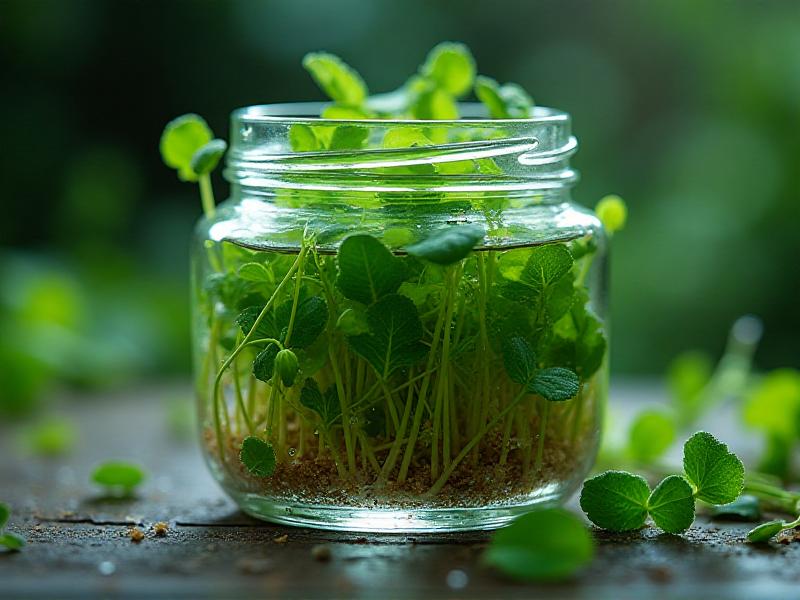
Understanding Microgreens and Their Byproducts
Microgreens are harvested just after the first true leaves have developed, making them nutrient-dense and flavorful. While the leaves are commonly used in salads and garnishes, the stems and roots are often discarded. These byproducts, however, are rich in essential oils, antioxidants, and unique flavor compounds. By repurposing these parts, distillers can create spirits that are not only sustainable but also packed with complex, earthy notes. This approach aligns with the growing demand for eco-conscious products in the beverage industry.

The Science Behind Infusing Spirits with Microgreen Byproducts
Infusing spirits with microgreen byproducts involves extracting their flavors and aromas through maceration or distillation. The process requires careful consideration of factors such as infusion time, temperature, and the alcohol base used. For instance, vodka’s neutral profile makes it an excellent canvas for subtle flavors, while gin’s botanical complexity can complement the earthiness of microgreens. The result is a spirit that captures the essence of the byproducts, offering a unique drinking experience that appeals to both connoisseurs and casual drinkers alike.
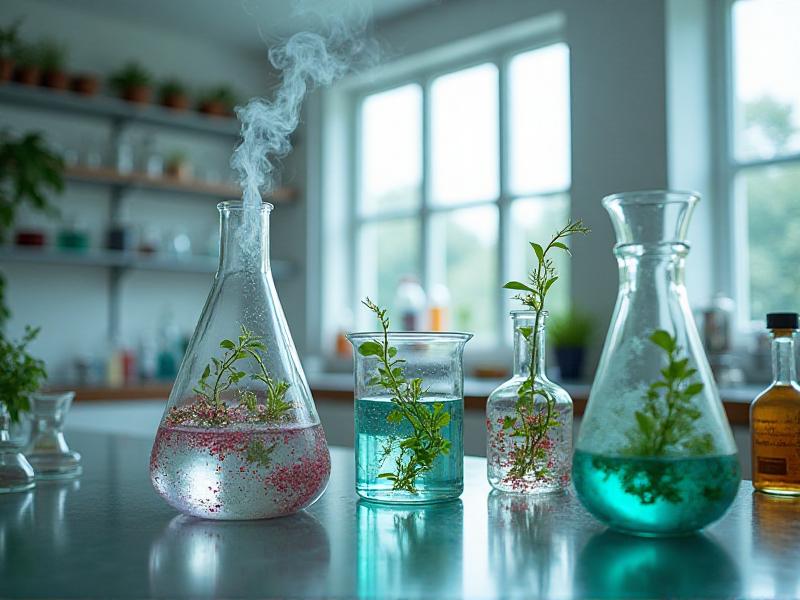
Flavor Profiles: Exploring the Taste of Microgreen-Infused Spirits
The flavor profiles of microgreen-infused spirits are as diverse as the microgreens themselves. For example, radish microgreen byproducts can impart a peppery kick, while basil stems might add a sweet, herbal undertone. The key lies in balancing these flavors to create a harmonious blend. Tasting notes often include hints of grassiness, earthiness, and a refreshing vegetal quality, making these spirits a versatile choice for cocktails or sipping neat. Experimentation is encouraged, as the possibilities are virtually endless.
Sustainability in Spirits: The Environmental Impact of Using Byproducts
The use of microgreen byproducts in spirits is more than just a culinary trend—it’s a step toward reducing food waste and promoting sustainability. By repurposing what would otherwise be discarded, distillers can minimize their environmental footprint while creating innovative products. This practice also resonates with consumers who prioritize eco-friendly choices. As the industry continues to evolve, the integration of sustainable practices like this could set a new standard for craft spirits.
Crafting Cocktails with Microgreen-Infused Spirits
Microgreen-infused spirits open up a world of possibilities for mixologists and home bartenders. Their unique flavors can elevate classic cocktails or inspire entirely new creations. For instance, a microgreen-infused vodka could be the star of a refreshing martini, while a gin with basil stem undertones might shine in a herbaceous gin and tonic. The key is to let the spirit’s character take center stage, complemented by carefully chosen mixers and garnishes.
The Future of Microgreen-Infused Spirits: Trends and Predictions
As consumer interest in sustainability and unique flavors continues to grow, microgreen-infused spirits are poised to become a staple in the craft beverage industry. Future trends may include collaborations between distillers and microgreen farmers, limited-edition releases, and the exploration of new microgreen varieties. Additionally, advancements in extraction techniques could further enhance the quality and consistency of these spirits. One thing is certain: the fusion of sustainability and creativity in this space is just beginning.
How to Make Your Own Microgreen-Infused Spirits at Home
For those eager to experiment, making microgreen-infused spirits at home is a rewarding endeavor. Start by selecting high-quality microgreen byproducts and a neutral spirit like vodka or gin. Clean the byproducts thoroughly, then combine them with the spirit in a sealed container. Allow the mixture to infuse for several days, tasting periodically to achieve the desired flavor intensity. Once ready, strain the spirit and enjoy it in your favorite cocktails or as a standalone drink. The process is simple, yet the results are anything but ordinary.
Pairing Microgreen-Infused Spirits with Food
The unique flavor profiles of microgreen-infused spirits make them an excellent companion to a wide range of dishes. For example, a peppery radish-infused vodka might pair beautifully with sushi, while a basil-infused gin could complement a caprese salad. The earthy undertones of these spirits can also enhance the flavors of grilled vegetables or artisanal cheeses. When pairing, consider the dominant flavors of both the spirit and the dish to create a harmonious dining experience.
Conclusion: Embracing Innovation and Sustainability in Spirits
The use of microgreen byproducts in infused spirits represents a exciting convergence of sustainability, creativity, and flavor. By repurposing what would otherwise be waste, distillers are crafting spirits that are not only unique but also environmentally conscious. Whether you’re a seasoned mixologist, a home enthusiast, or simply a curious drinker, there’s no better time to explore the world of microgreen-infused spirits. Cheers to innovation and a greener future!
